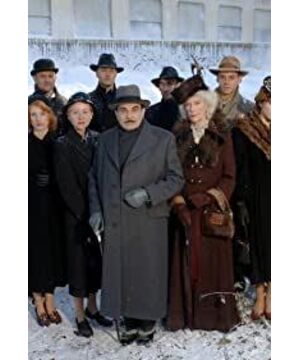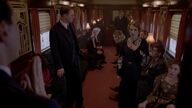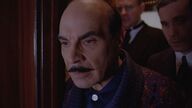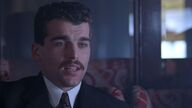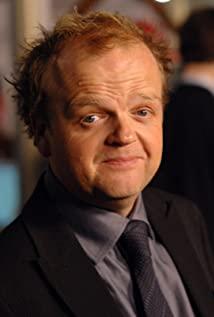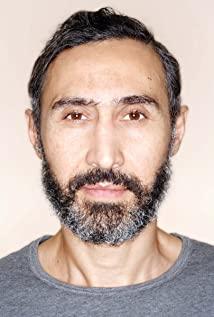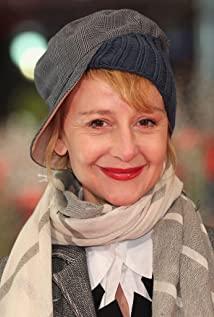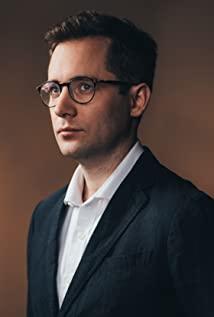In fact, the author does not want to discuss the above-mentioned choice problem today, and there is no way to discuss it at all, because this is not a simple choice at all, but a battle of reason and emotion. For many years, people have not been able to conclude the problem, how can we expect it to be settled from now on just based on one thing and one sentence today? !
However, even if it is inconclusive, but looking at many movies involving the "law and moral dilemma" over the years, we seem to find that the scale of public opinion is shifting from a moral standpoint to the law little by little. The old 1974 movie "The Orient Express" respected the original and did not hesitate to make a choice. Poirot submitted the first answer in accordance with the popular choice, and the 12 Avengers toasted in the dining car. But gradually, in the battle of legal justice and moral justice, morality is no longer an absolute advantage: "The Killing Hour", the Avengers also have to stand trial; "Mysterious Eyes", the Avengers are depressing, miserable, and walking dead The presence. And this series of struggles reached a peak in the new version of "Murder on the Orient Express". Although the ending of the story is still in line with the original, the passage of the story is full of deep thinking from directors, screenwriters and actors: Confused? shake? The ultimate battle of intellect and emotion? Everything is conveyed by the tiny details and clues throughout the film.
As a detective, Poirot was a firm believer in law and justice at the beginning. In his eyes, the captain stood on the opposite side of the law when he had a choice. Since women knew the fate of deviance, they could no longer bury their wish stones. cruelty of punishment. Until the mystery of Cassetti's murder was just revealed, Poirot still chose "legal justice" and excitedly accused the 12 Avengers of "arbitrary actions" and "retroversion." His inner judgment of "justice" was not shaken until he heard what Miss Debenham and Linda Arden had said when they tried to prevent Colonel Albusnot from killing Poirot. Actor David Suchet, who plays Poirot, has seen a different Poirot in this Orient Express movie after starring in several "Detective Poirot" TV series, less A bit cunning, replaced by a deeper experience and a sense of stability and vicissitudes. In the speculation of Poirot's change of mind, Suchet's overly natural and real expressions, without templated expressions, reveal rich connotations in small expressions: everyone in the door repeatedly emphasizes the justice of their actions, and the door Poirot outside stared blankly; Miss Debenham, who delivered the tea, opened her mouth to confess her inner struggles before and after revenge. Poirot, who was holding the tea, bowed her head and remained silent for a long time; finally, at the moment when she faced the police , Poirot chose to hand over the conductor's uniform with one button missing. Even if he gave up "legal justice" at this moment and succumbed to everyone's "moral justice", Poirot's inner struggle was still not relieved. , at the moment his back turned to the police, he was walking alone in the heavy snow, his hand holding the rosary and the cross trembled, and his tight lips and red eyes were about to cry.
In addition to Poirot's struggle, the film is very careful in many details and echoes:
Poirot and Cassette are praying at the same time across a wall, one is pious and open, the other is trembling and fearful;
the rosary that appears twice And the cross, the first time is the sustenance of faith, the second time is the collapse of the position;
the maid's identity as a chef is reflected by her small words in the dining car;
Cassette uses money and power to escape legal sanctions by borrowing The prosecutor's son said; (The above two articles lacked explanation in the old version of "Orient Express" in 1974 and even Agatha's original work, which was abrupt)
The truth revealed the dim candlelight and the snow in the sky at that moment;
Linda Arden's joy in playing Mrs. Hubbard and her grief at the moment she takes off her pretense;
Miss Debenham's pity for Istanbul's women at first, but she defends herself with dead women when she confesses" She knows the end of the deviant, and so does Cassette." Such a turning point, but not abrupt, wonderful!
In the end, unlike the happy ending in the original book and previous films, where "bad guys deserve what they deserve, and good guys live happily ever after", the director left Poirot struggling at the end of the film, but also added a heavy weight to the 12 people who wanted to avenge: When justice abandons you , the life is incomplete. They thought that after revenge on the murderer, the incomplete life can be restored, but the result? 12 people will bear the death of Cassette for their entire lives. Is this the so-called saddest ending, because "you lost and I didn't win".
View more about Murder on the Orient Express reviews


